All taking effect in January 2025, many new regulations of the Law on Public Investment and the Law amending and supplementing a number of articles of 4 laws on investment are about to come into effect, with the expectation of creating a breakthrough, liberating public investment resources, and meeting the country's development requirements.
All taking effect in January 2025, many new regulations of the Law on Public Investment and the Law amending and supplementing a number of articles of 4 laws on investment are about to come into effect, with the expectation of creating a breakthrough, liberating public investment resources, and meeting the country's development requirements.
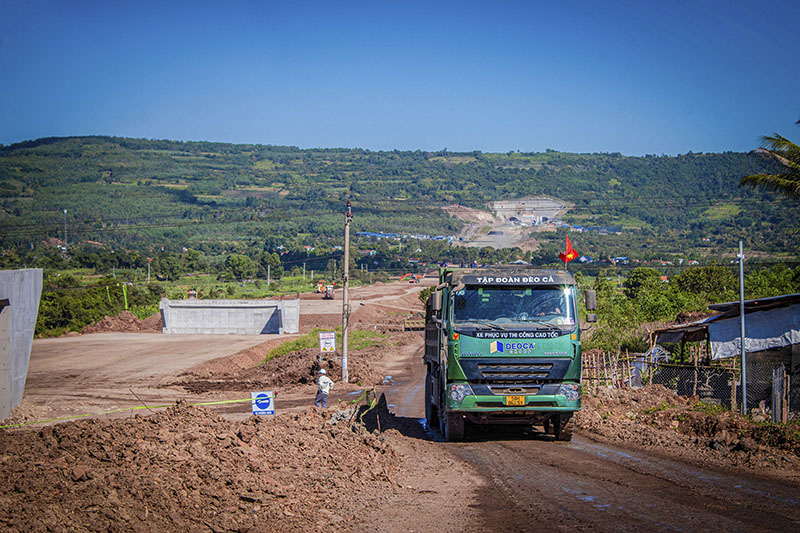 |
| The new laws coming into effect are expected to create a breakthrough for investment. In the photo: Deo Ca Group constructing the Chi Thanh - Van Phong project. Photo : Duc Thanh |
The most breakthrough of the Investment Law
Last weekend, the Office of the President held a press conference to announce the President's order to promulgate the laws passed by the 15th National Assembly at its 8th Session, including the Law on Public Investment and the Law amending and supplementing a number of articles of 4 laws on investment (Law on Planning, Law on Investment, Law on Investment under the Public-Private Partnership method and Law on Bidding).
Introducing the new points of the above laws, Deputy Minister of Planning and Investment Nguyen Duc Tam said that a number of articles of the Investment Law have been amended and supplemented to decentralize the Prime Minister's approval of investment policies to the provincial People's Committees for investment projects in construction and business of infrastructure of industrial parks and export processing zones; investment projects in construction of special seaports with a scale of less than VND 2,300 billion and projects in the protection areas of national monuments and special national monuments.
Such regulations aim to strengthen decentralization, streamline processes and procedures, and enhance the autonomy and self-responsibility of provincial People's Committees for these projects - according to Deputy Minister Nguyen Duc Tam.
Notably, the Law supplements special investment procedures for investment projects in the fields of semiconductor industry, high technology... in industrial parks, export processing zones, high-tech zones, concentrated information technology zones, free trade zones and functional areas in economic zones in the direction of shifting from "pre-inspection" to "post-inspection".
The law stipulates that investment projects registered under special investment procedures do not have to carry out procedures for investment policy approval, technology appraisal, environmental impact assessment report preparation, detailed planning, construction permit issuance and procedures for approval, acceptance and permission in the fields of construction, fire prevention and fighting.
Investors register for an investment registration certificate within 15 days; commit to implementing the project according to standards and regulations on construction, fire prevention, fighting, environmental protection and do not have to carry out some procedures to be licensed in this field (expected to shorten the project implementation time by about 260 days), Deputy Minister Nguyen Duc Tam informed.
“This is a breakthrough content to shorten project implementation time, demonstrating a new approach in institution building towards both ensuring state management requirements and creating favorable conditions for businesses,” Mr. Tam emphasized.
Responding to the press's interest in this content, the Deputy Minister of Planning and Investment added that special investment procedures are the most breakthrough provisions of the Investment Law.
“When investors submit their application, they will be granted an investment certificate within 15 days, without having to go through procedures on fire prevention and fighting and environmental protection, which takes a lot of time,” Deputy Minister Nguyen Duc Tam explained.
Regarding the amendment of the Law on Investment under the public-private partnership model, according to Deputy Minister Nguyen Duc Tam, there are some notable contents such as removing restrictions on investment fields and minimum investment levels to expand the fields and create a flexible mechanism to attract investment under this model.
The amended law also aims to consider applying a higher state capital ratio of 50%, but not exceeding 70% of the total investment for projects with site clearance costs of over 50% of the total investment; projects implemented in areas with difficult socio-economic conditions and projects requiring high technology transfer. Allowing the continued application of the BT contract type on the basis of maximally overcoming the shortcomings and obstacles in implementing this type of contract.
Thorough decentralization
With the Law on Public Investment, the new group of policies that stands out is about promoting decentralization and delegation of power.
Specific policies mentioned by Deputy Minister Nguyen Duc Tam include decentralizing the authority to adjust the medium-term public investment plan of central budget capital among ministries, central agencies and localities from the National Assembly Standing Committee to the Prime Minister.
Decentralize the authority to decide on the use of the central budget capital reserve and unallocated central budget capital in the medium-term public investment plan from the National Assembly to the National Assembly Standing Committee.
Increase the scale of public investment capital of important national projects from 30,000 billion VND or more; of group A, group B and group C projects with a scale twice that of current regulations.
Decentralize authority to the heads of ministries and central agencies to decide on investment policies for group A projects managed by their agencies and organizations with capital scale of less than 10,000 billion VND.
Decentralize authority to People's Committees at all levels to decide on investment policies for Group B and Group C projects under their management. Decentralize authority to People's Committees at all levels to adjust medium-term public investment plans for local budget capital under their management.
Decentralize the authority to extend the time for allocating central budget capital from the Prime Minister to the investment policy decision-making level; local budget capital from the provincial People's Council to the Chairman of the People's Committee at all levels.
Decentralize authority to extend the implementation time and disbursement of local budget capital plans from the Provincial People's Council to the Chairman of the People's Committee at all levels.
The leaders of the Ministry of Planning and Investment affirmed that the new policies in the Law on Public Investment in the coming time will be effective in accelerating the progress of building, approving and implementing the Medium-term Public Investment Plan for the period 2026-2030, thereby freeing up public investment resources, meeting development requirements, implementing 3 strategic breakthroughs, especially breakthroughs in infrastructure in the coming time.
The Law on Public Investment will take effect from January 2025. Deputy Minister Nguyen Duc Tam said that in January next year, the guidance on implementing the law will be completed to put the law into practice.
At the press conference, answering the question of which new policy demonstrates the strongest decentralization and delegation of power, Deputy Minister Nguyen Duc Tam said that any content that can be decentralized will be decentralized, in the spirit of thorough decentralization, so there is no "best".
Mr. Tam gave an example, according to current regulations, important national projects with public investment capital of 10,000 billion VND or more are under the decision-making authority of the National Assembly, but according to the new law, important national projects of 30,000 billion VND or more must be submitted to the National Assembly, below that level, they are under the authority of the Prime Minister or locality (depending on the capital source used for the project).
According to the Law amending and supplementing a number of articles of 9 laws on the financial and budgetary fields, including the Law on Tax Administration, which has just been announced, the National Assembly assigned the Government to guide the regulations on the tax debt threshold and the debt period that will result in temporary suspension of exit.
Mr. Hoang Thai Son, Director of the Legal Department (Ministry of Finance) said that according to current regulations, individuals and households with tax arrears of 90 days will be temporarily suspended from leaving the country. In the draft decree prepared for submission to the Government, the Ministry of Finance proposed the tax arrears threshold to be over 50 million VND and increase the time from 90 to 120 days to suit the reality. Currently, the number of individuals and business households with tax arrears of over 50 million VND is about 81,000 households and individuals. Compared to the previous draft decree, the tax arrears threshold for temporary suspension of exit proposed by the Ministry of Finance increased 5 times, from 10 million VND to 50 million VND.
Introducing the contents of the Electricity Law, Deputy Minister of Industry and Trade Truong Thanh Hoai stated that the law has 6 articles regulating renewable energy and new energy electricity. This is a completely new content in the Electricity Law 2024, which includes general regulations on the development of renewable energy and new energy electricity, basic investigation of renewable energy and new energy electricity resources; development of self-produced and self-consumed electricity from renewable energy and new energy sources; renovation, repair and replacement of equipment of renewable energy and new energy power plants; dismantling works belonging to renewable energy and new energy electricity projects.
In addition, the Law has 4 articles regulating offshore wind power development, which is also completely new content in the Electricity Law 2024, including general regulations on offshore wind power development; project survey; approval or decision on investment policy for offshore wind power projects, selection of investors for offshore wind power projects.
Source: https://baodautu.vn/nhieu-quy-dinh-dot-pha-ve-dau-tu-sap-di-vao-cuoc-song-d233791.html


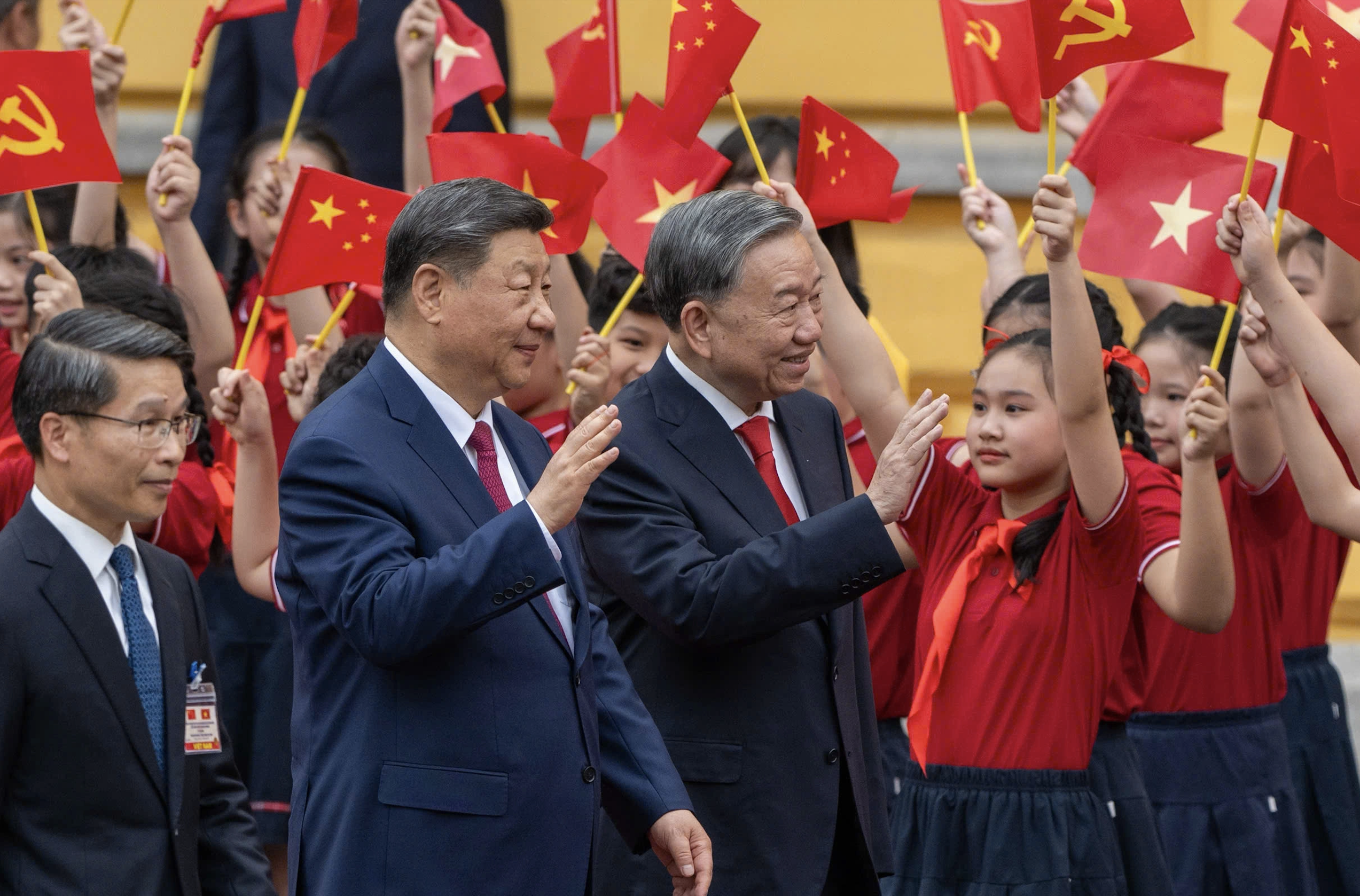
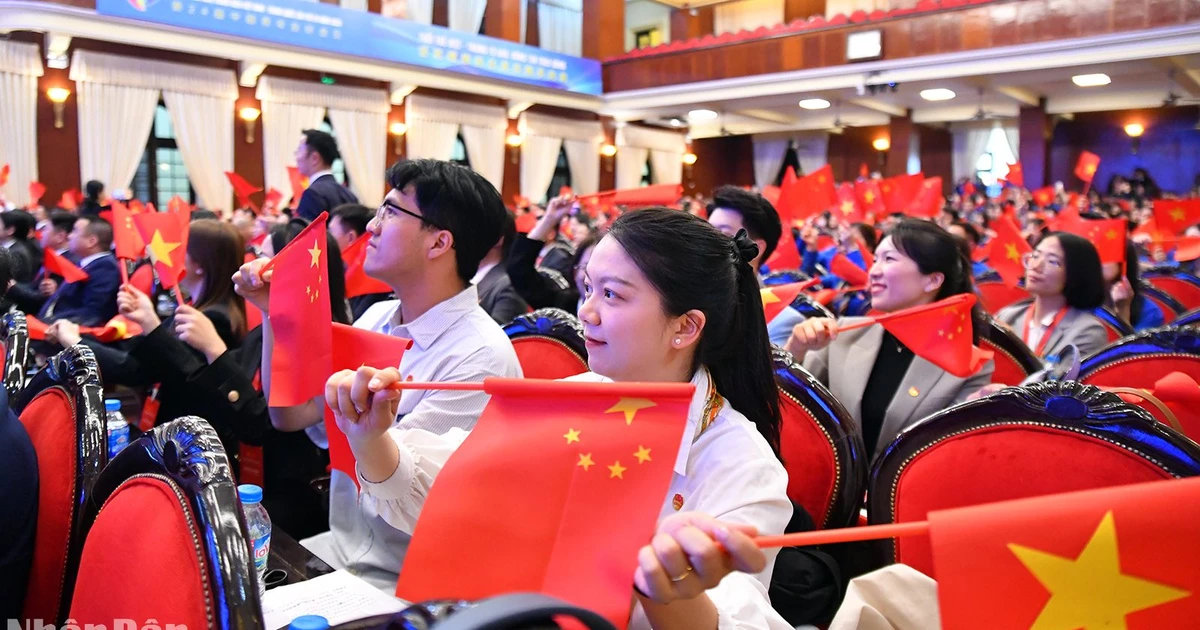
![[Photo] Ceremony to welcome General Secretary and President of China Xi Jinping on State visit to Vietnam](https://vstatic.vietnam.vn/vietnam/resource/IMAGE/2025/4/14/5318f8c5aa8540d28a5a65b0a1f70959)

![[Photo] Prime Minister Pham Minh Chinh chairs conference to review the implementation of Resolution No. 18-NQ/TW](https://vstatic.vietnam.vn/vietnam/resource/IMAGE/2025/4/14/dcdb99e706e9448fb3fe81fec9cde410)
![[Photo] Hanoi people warmly welcome Chinese General Secretary and President Xi Jinping on his State visit to Vietnam](https://vstatic.vietnam.vn/vietnam/resource/IMAGE/2025/4/14/d6ac6588b9324603b1c48a9df14d620c)
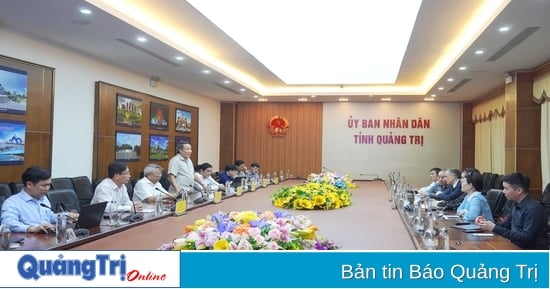

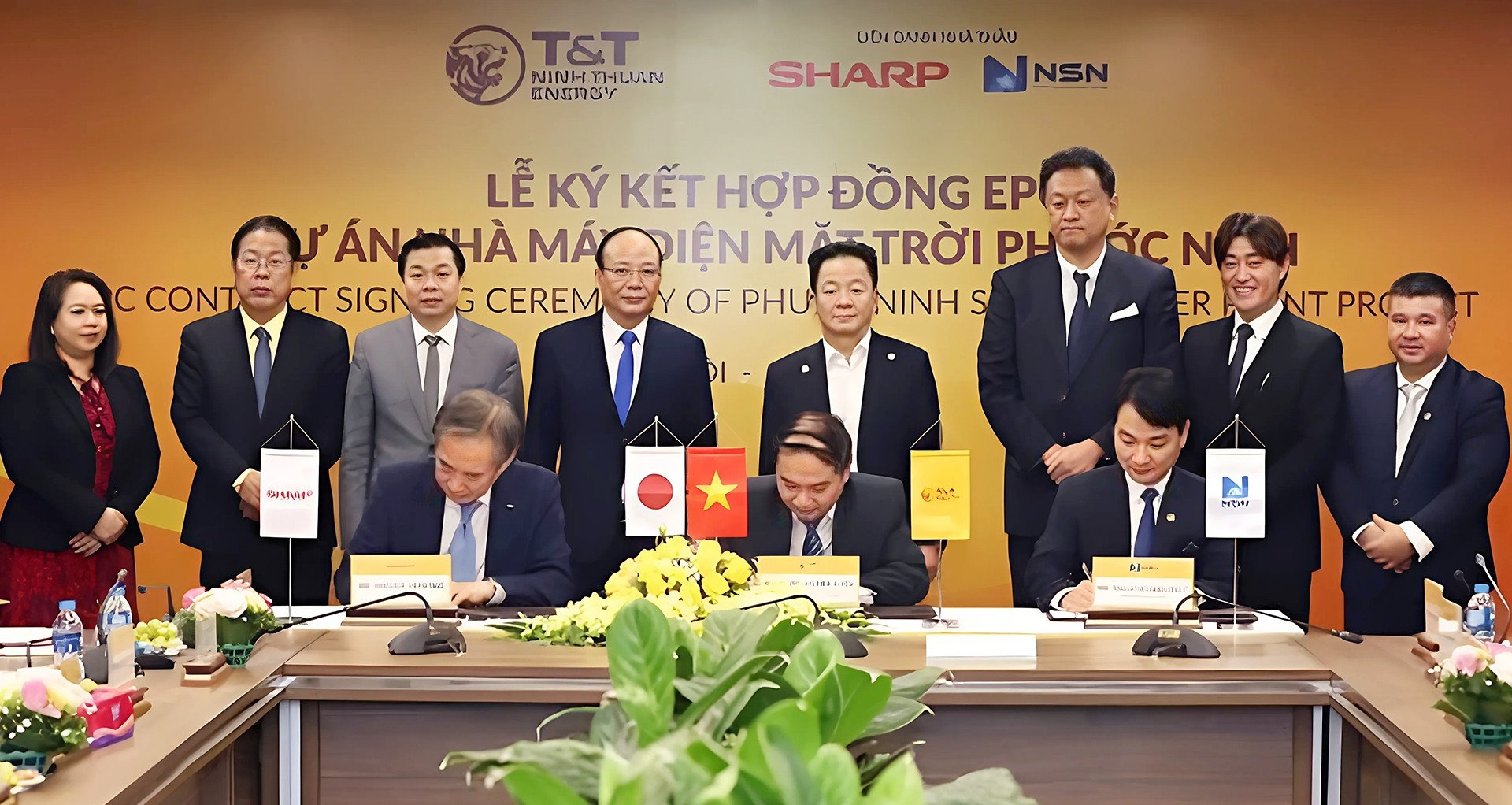




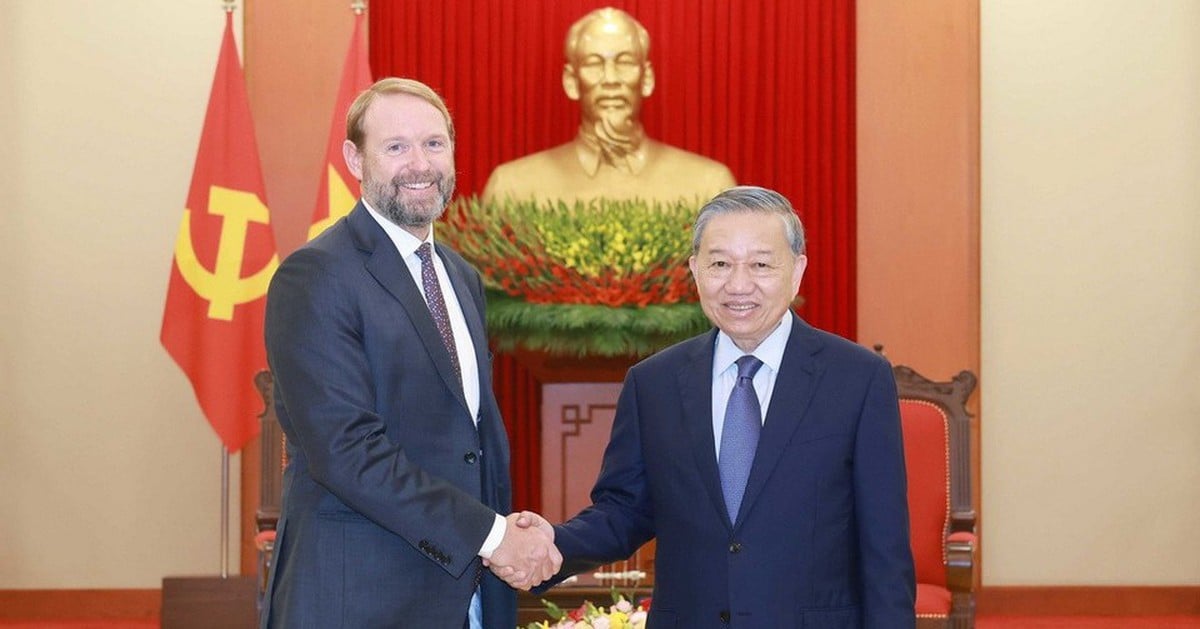

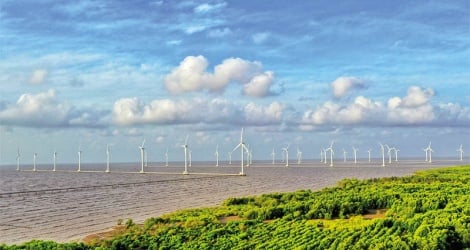


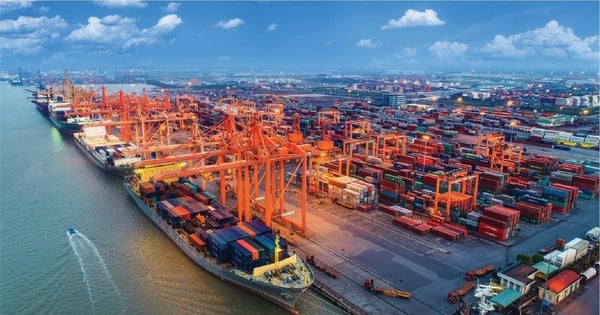


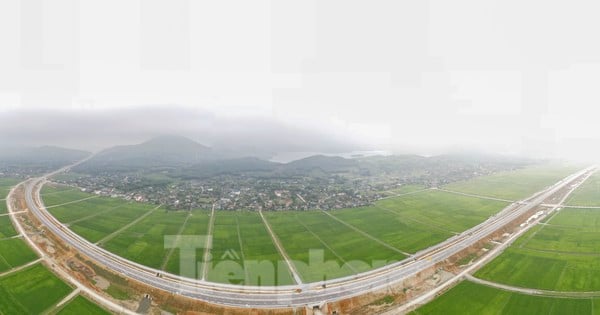





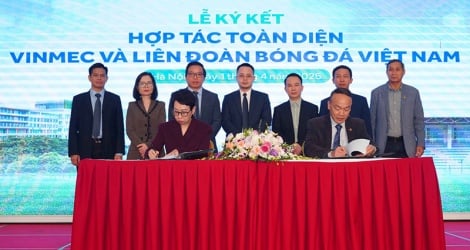



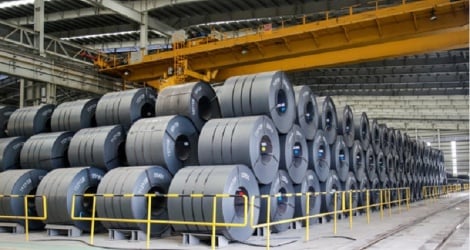
















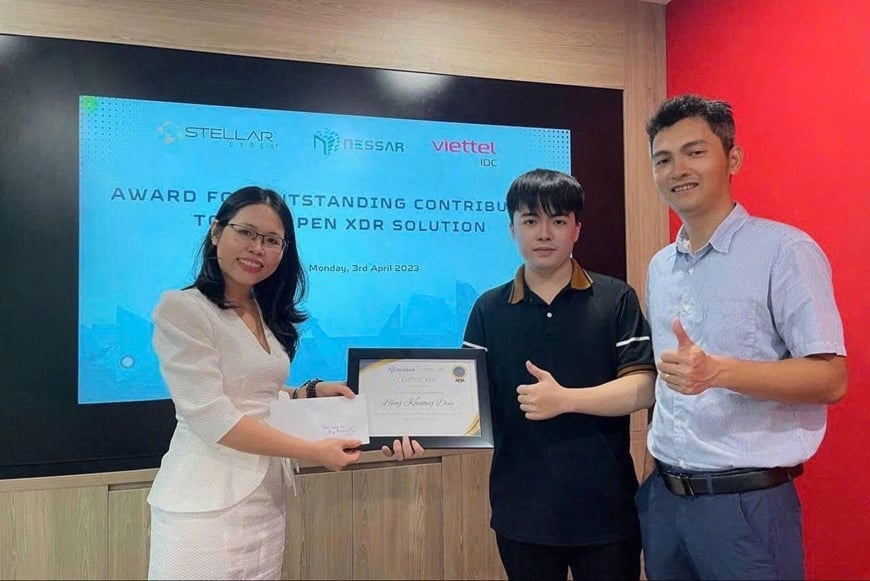








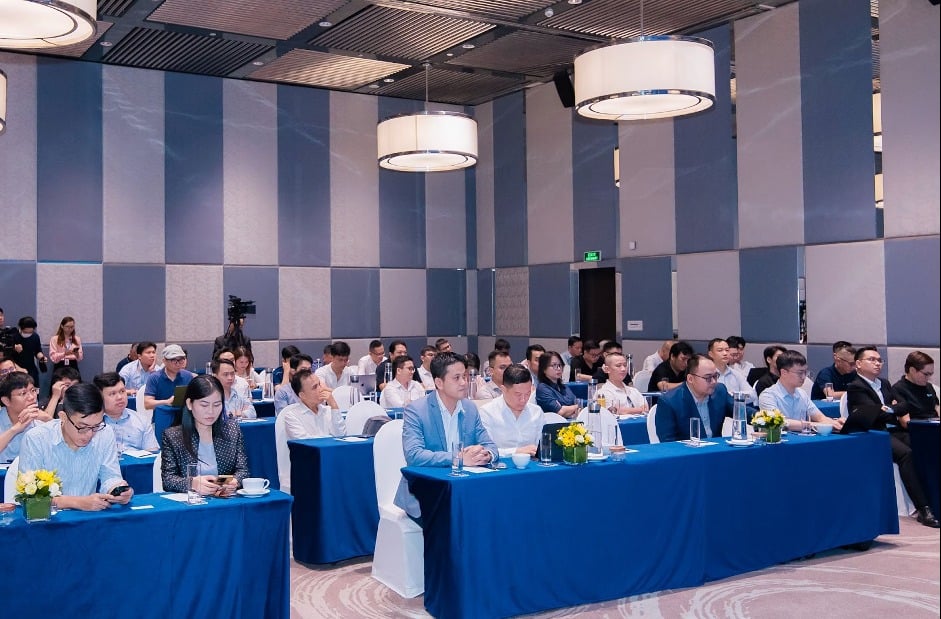



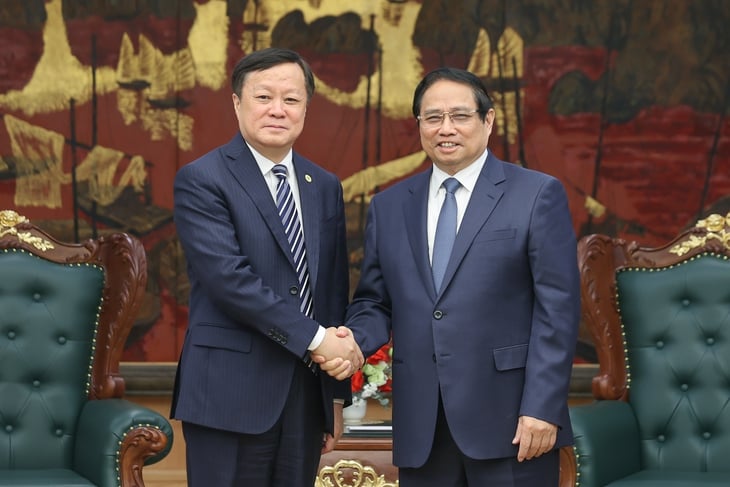
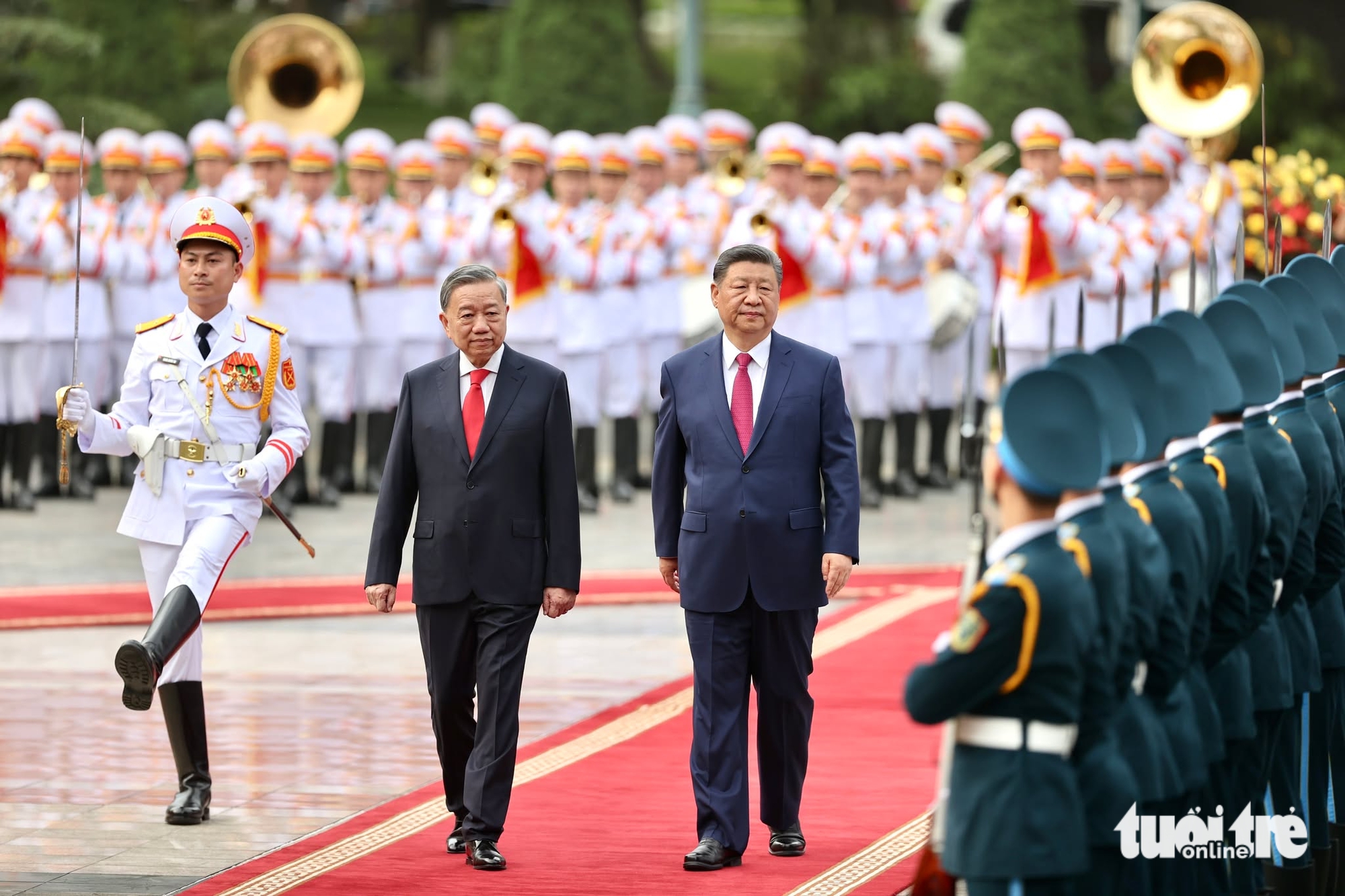
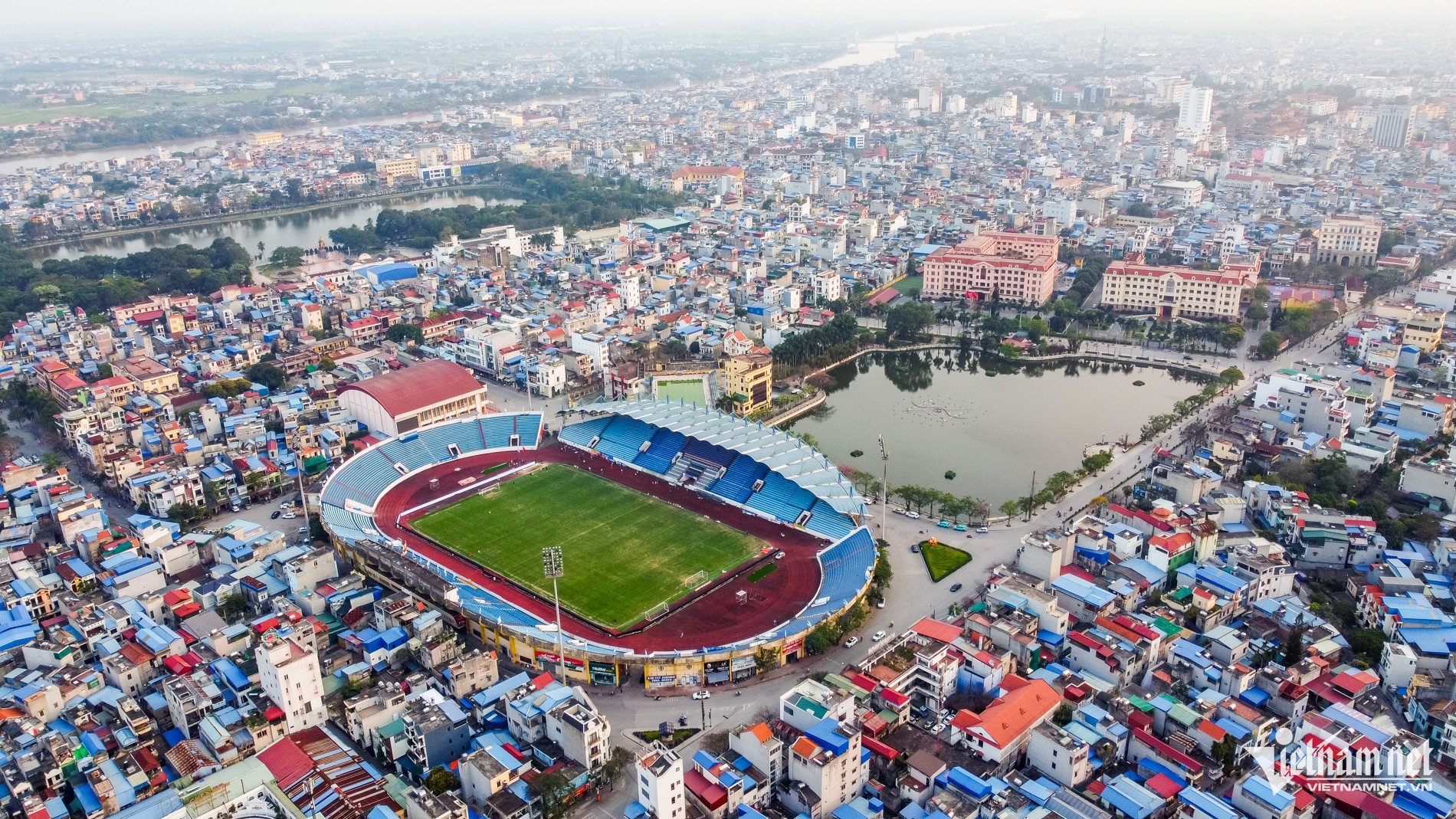
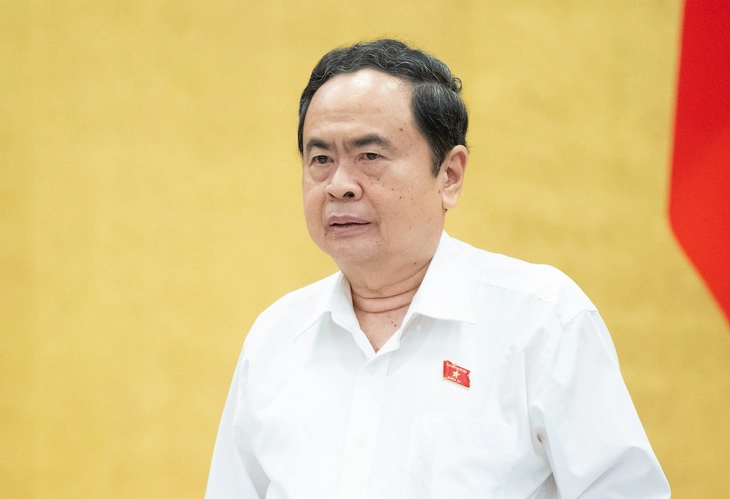
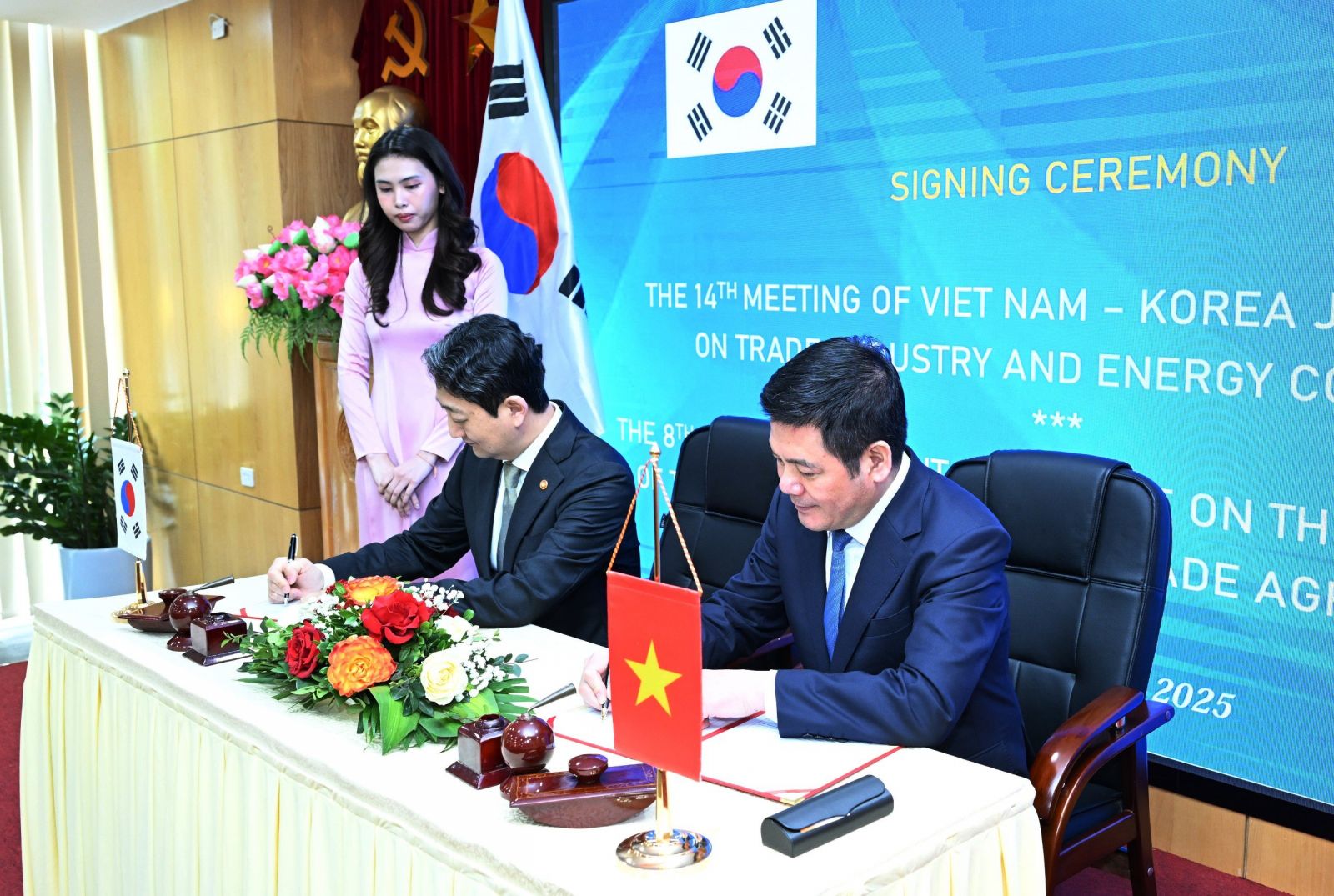


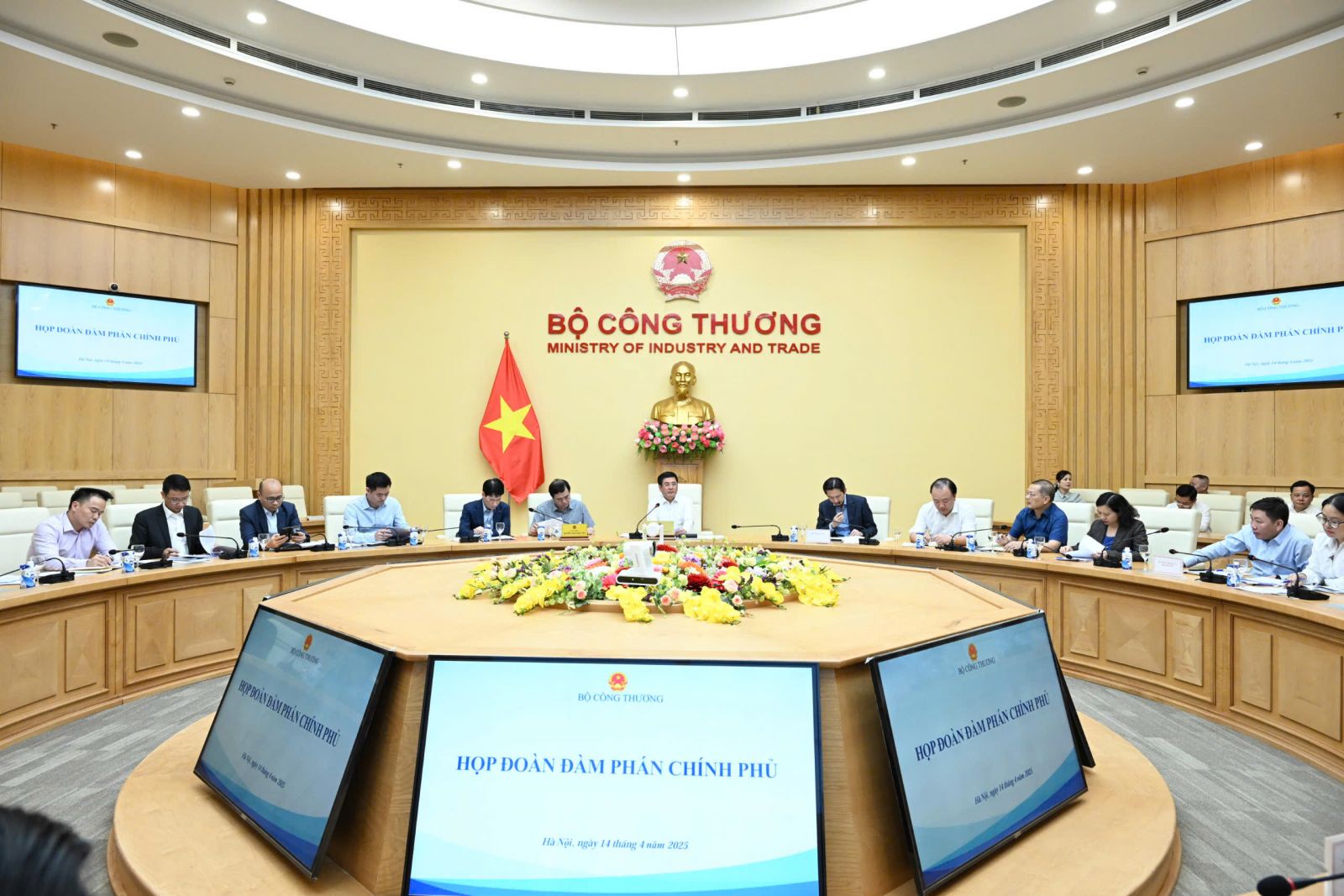


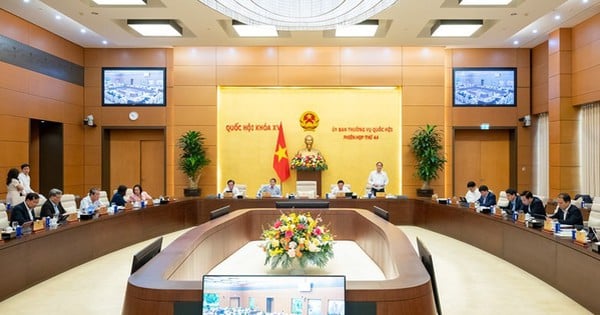
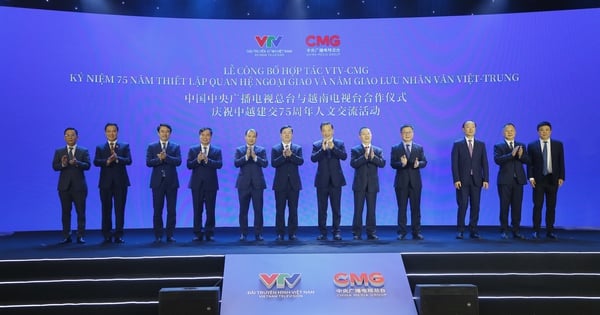
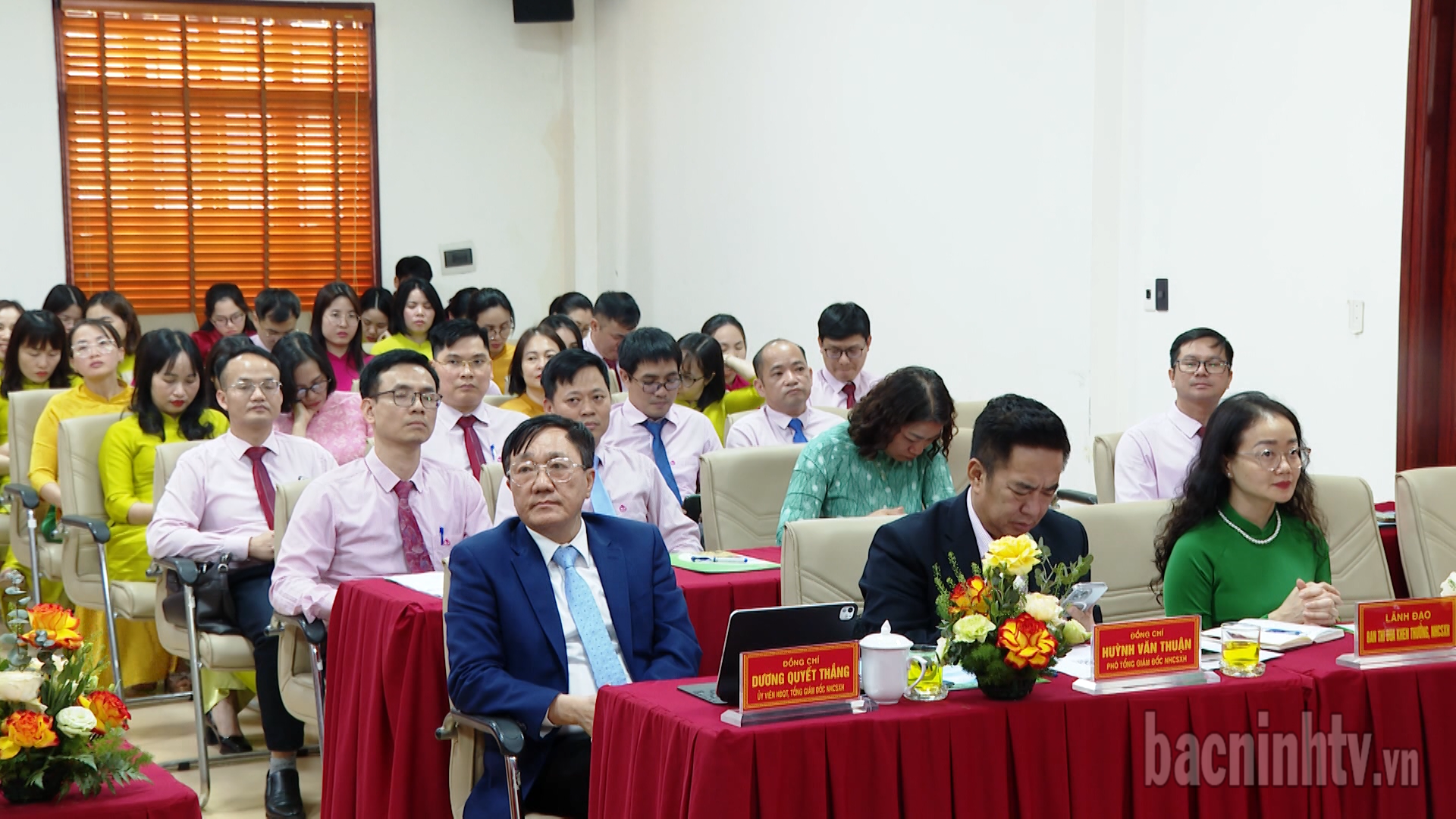






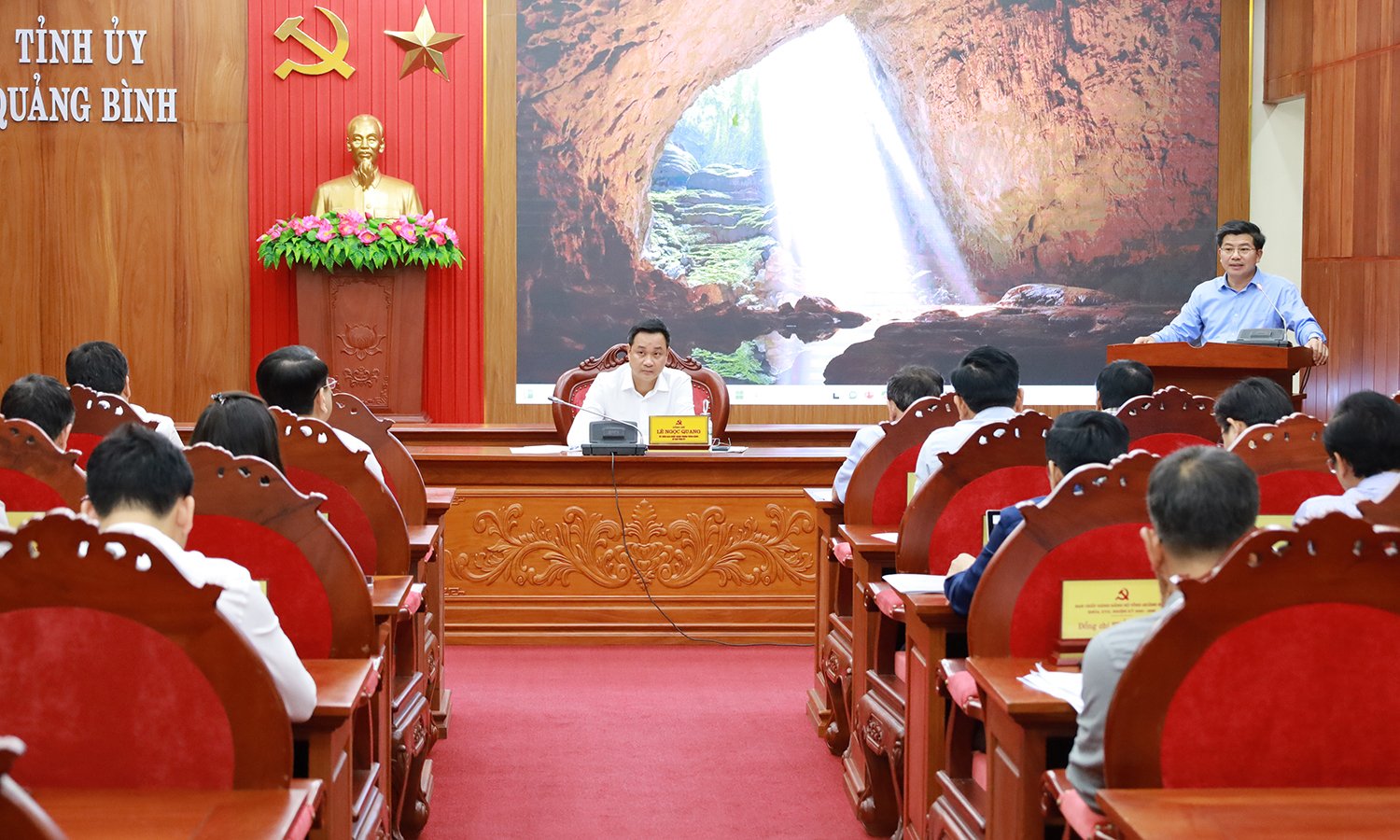









Comment (0)